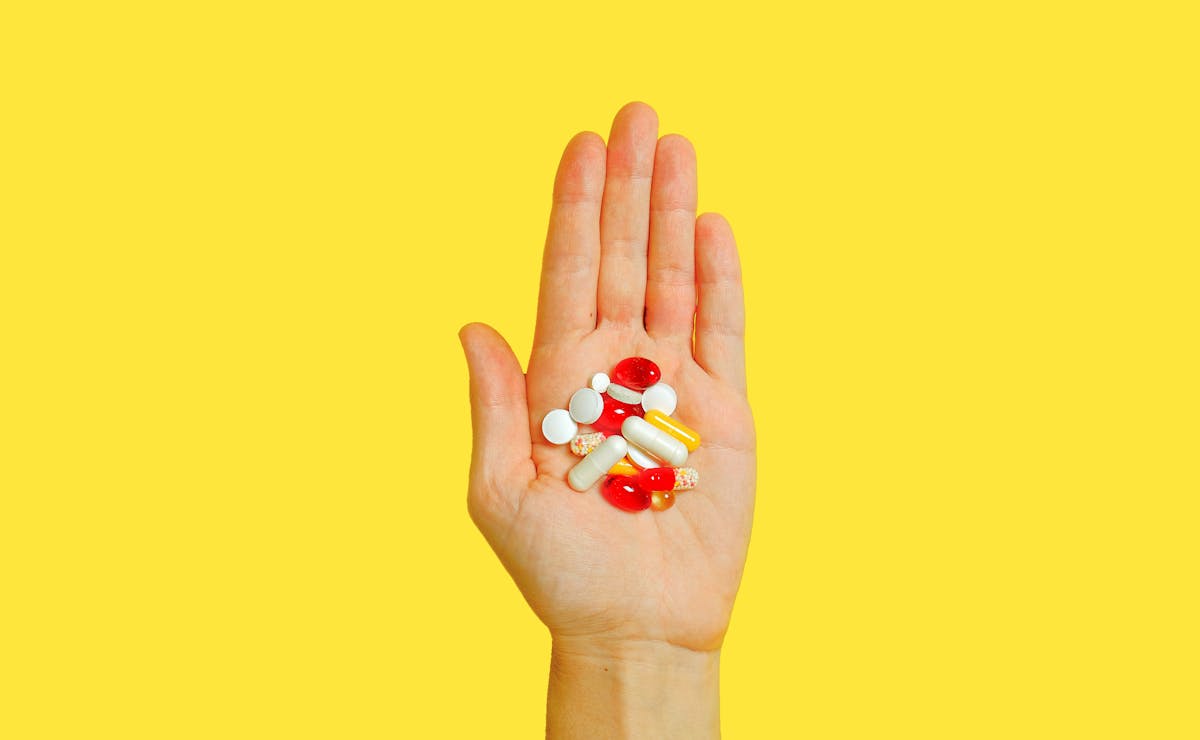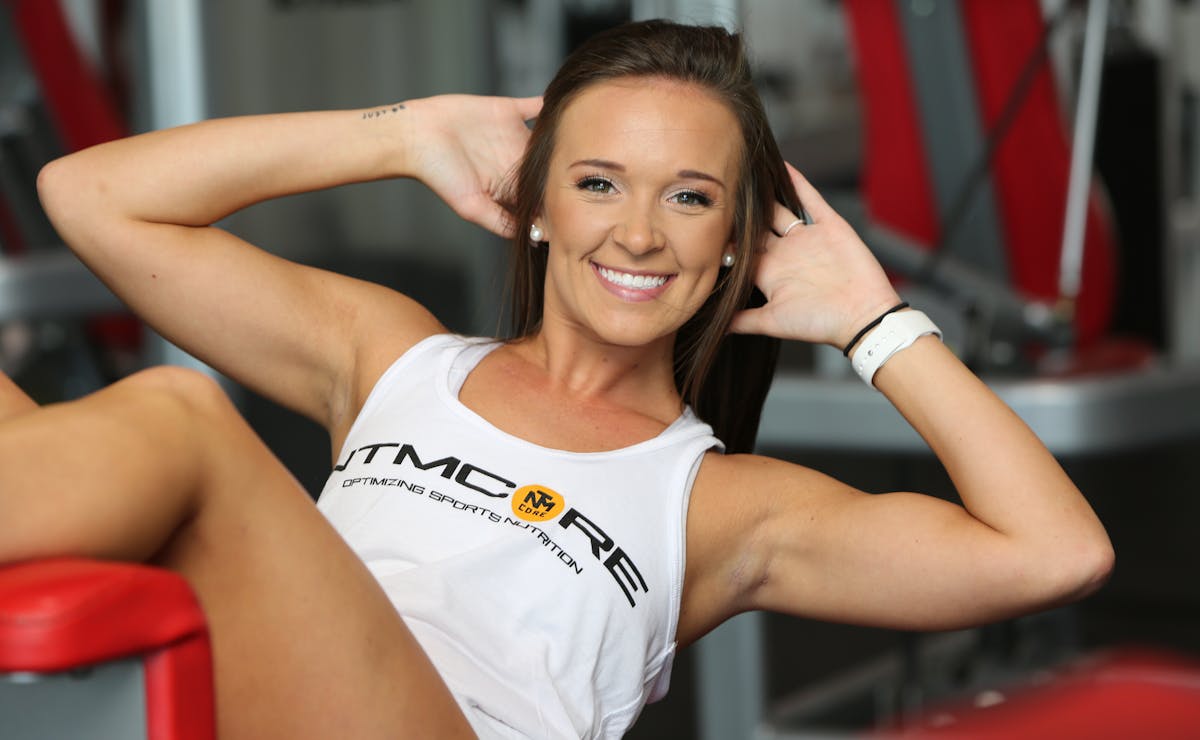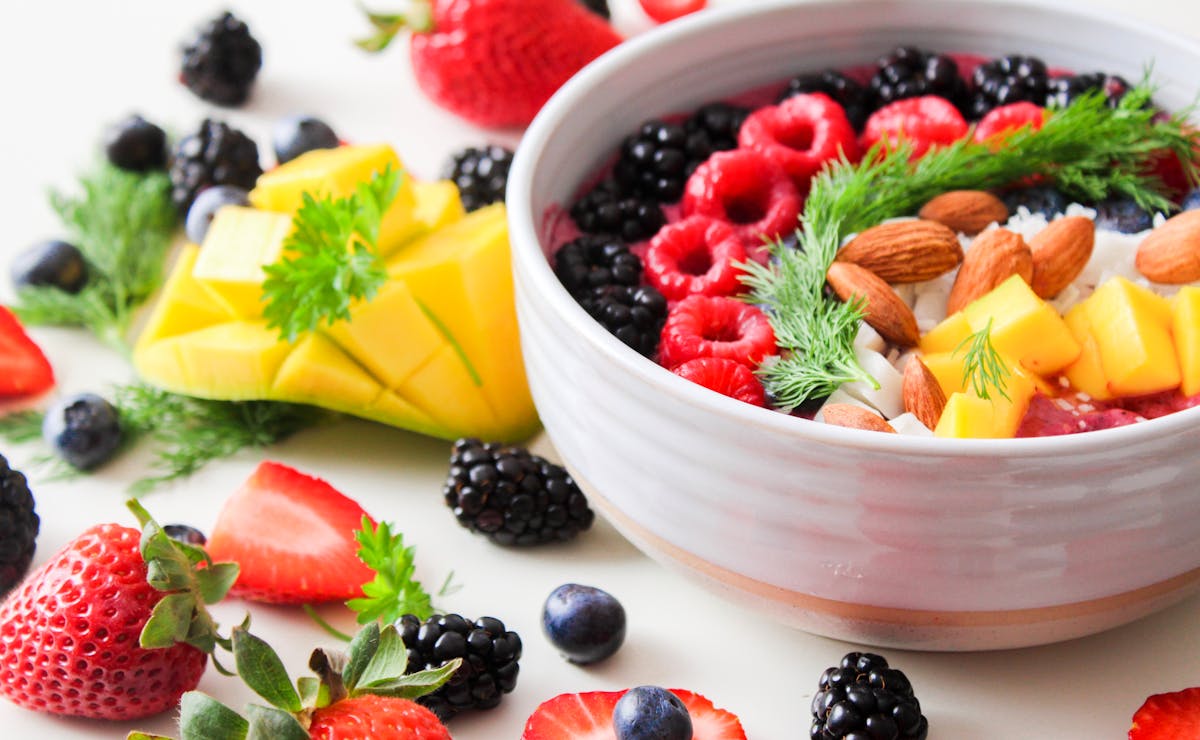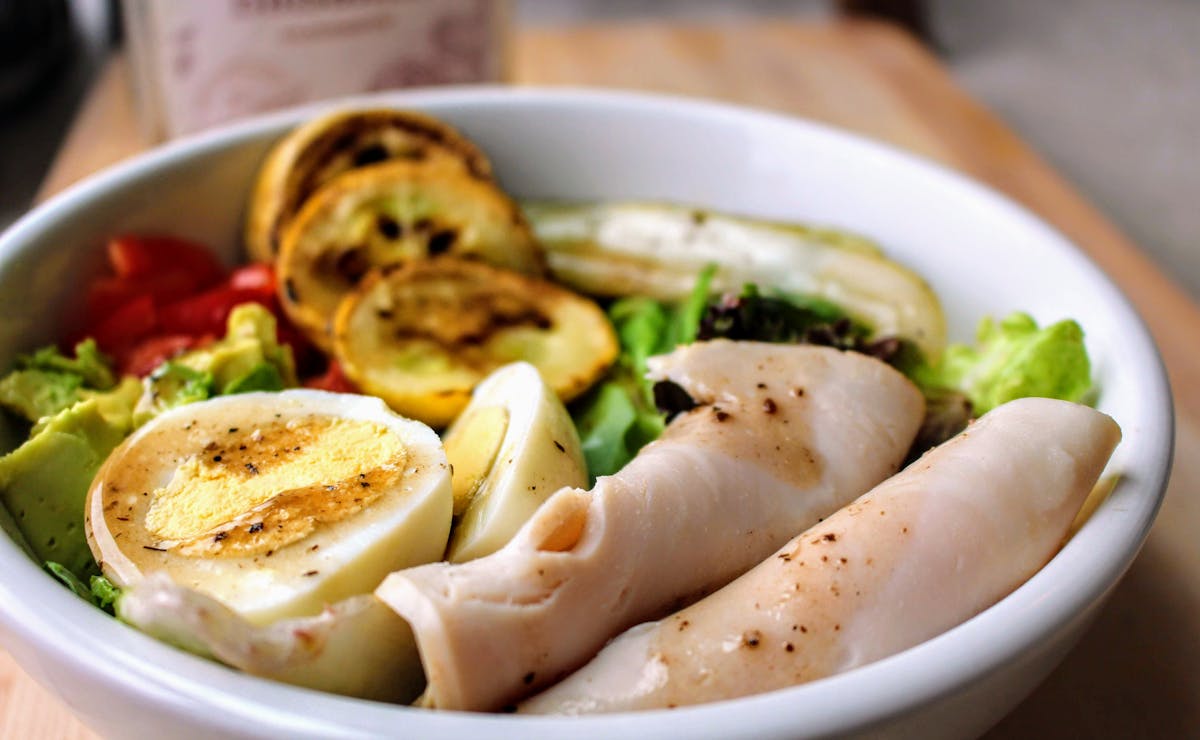Most athletes are right to take supplements with B vitamins, such as B12, and vitamins A, C, D and E, as long as they are advised by their doctors. You can buy specific tablets with each component or find them in foods such as meat, milk, eggs, various fruits and nuts.
Frequent and conscious consumption of vitamins will provide more strength and disposition for daily activities, especially when exercising. After all, they act as “fuel” for cells and improve concentration and mood.
And if it is important for anyone to ingest vitamins present in food or as a supplement , for athletes, supplementation is even more recommended, taking into account the calorie expenditure and the body’s need for recovery.
See how and when to ingest these substances and learn more about their benefits for metabolism in this article.
What are the best vitamins for athletes?
The requirement for vitamins may differ among sportsmen and women according to age, sex, sport played, training intensity and personal requirements, but some like A, B, C, D and E are always essential to be included in the diet.
They are essential for those who train, often combined with K, and make up a balanced diet or, in some cases, need to be prepared or purchased in pharmacies – under medical recommendation – to complement the diet.
- Vitamin D for athletes : essential for bone health, it also plays an important role in the immune system.
- Vitamin C for athletes: It is critical for both muscle rehabilitation and immune system health.
- Vitamin E: an antioxidant that helps protect cells against oxidative damage, i.e. against aging.
- Vitamin K: Important for bone health, it can also help with blood clotting.
- B vitamins (B1, B2, B3, B6, B12): these are among the most recommended vitamins for increasing physical resistance, and can be found in foods with a lot of protein , such as lean meats and eggs.
- Vitamin B9 (folic acid): essential for the production of red blood cells and cellular metabolism, found in vegetables and whole grains.
- Vitamin A: essential for eye and immune system health, highly concentrated in carrots, sweet potatoes, spinach and pumpkin.
Got it?! Keep reading.
And what vitamins are best for amateur exercisers?
Those who practice light exercise or as a hobby should focus on their intake of vitamins B12, C, D and E.
Even so, the necessary amounts of these vitamins are unlikely to be the same as those of a professional athlete, since the energy expenditure of this group is higher than the average of people who train in gyms or do physical activities outdoors.
Athletes tend to have their bodies conditioned to store these nutrients quickly, but use them moderately, while those who practice sports as a hobby may have stocks, but they are quickly used due to the need for muscle recovery while the body is still learning to deal with the new thing.
What is the best vitamin complex for athletes?
Good vitamin complexes include, in addition to the essential vitamins for the body of those who exercise, fatty acids (good fats), protein and creatine, as well as other nutrients that will improve and repair physical conditioning.
Whether for nutrition for high-performance athletes or for people who have recently started activities, the constant intake of the following nutrients, when guided by nutritionists and endocrinologists, should be maintained.
Omega 3: The human body cannot produce it in sufficient quantities, so the levels of this nutrient need to be supplemented through food or supplementation.
Flaxseed oil: When cold pressed and, therefore, extracted from the seed without the use of excessive heat, it has all of its nutrients preserved. It is rich in healthy fats and fiber, in addition to being an ally in the weight loss process.
Collagen: Plays a crucial role in the structure of tissues, such as skin, bones, cartilage and tendons, and can be obtained by athletes through meat, processed foods or sold in powder, capsule or liquid form.
Whey protein: Popularly known by the name of the brand that made it world famous – “Whey Protein” –, it is a supplement rich in protein, which is usually consumed before or after training, as it helps with energy and muscle recovery.
Creatine: Although it is found in red meat, chicken, fish and eggs, creatine can be added to athletes’ diets in other ways, being responsible for providing energy and strength.
These supplements are also recommended for high-performance athletes and, when combined with the necessary care and a healthy shopping list for the supermarket for the day, week or month, can help you achieve your goals the right way!



